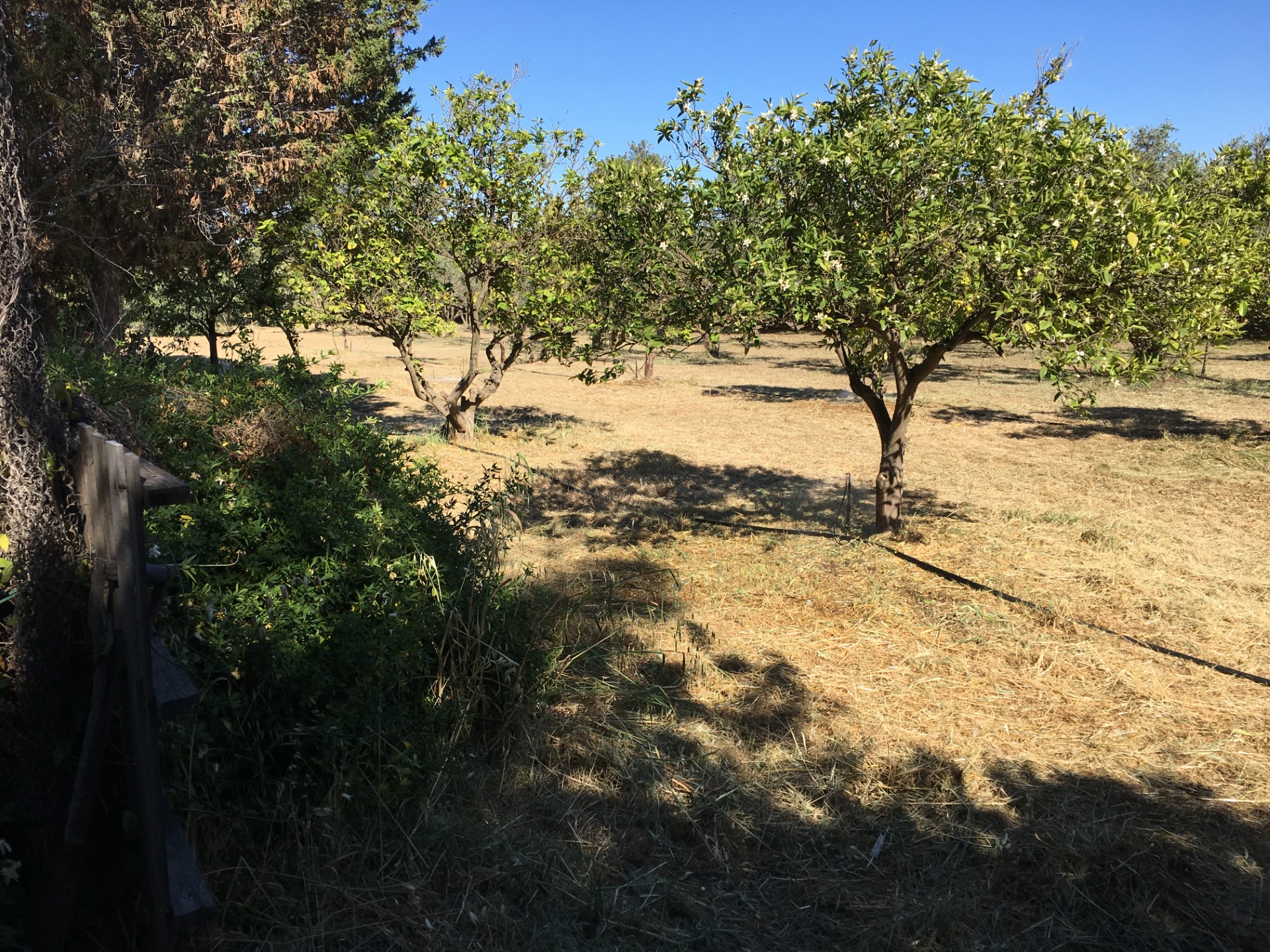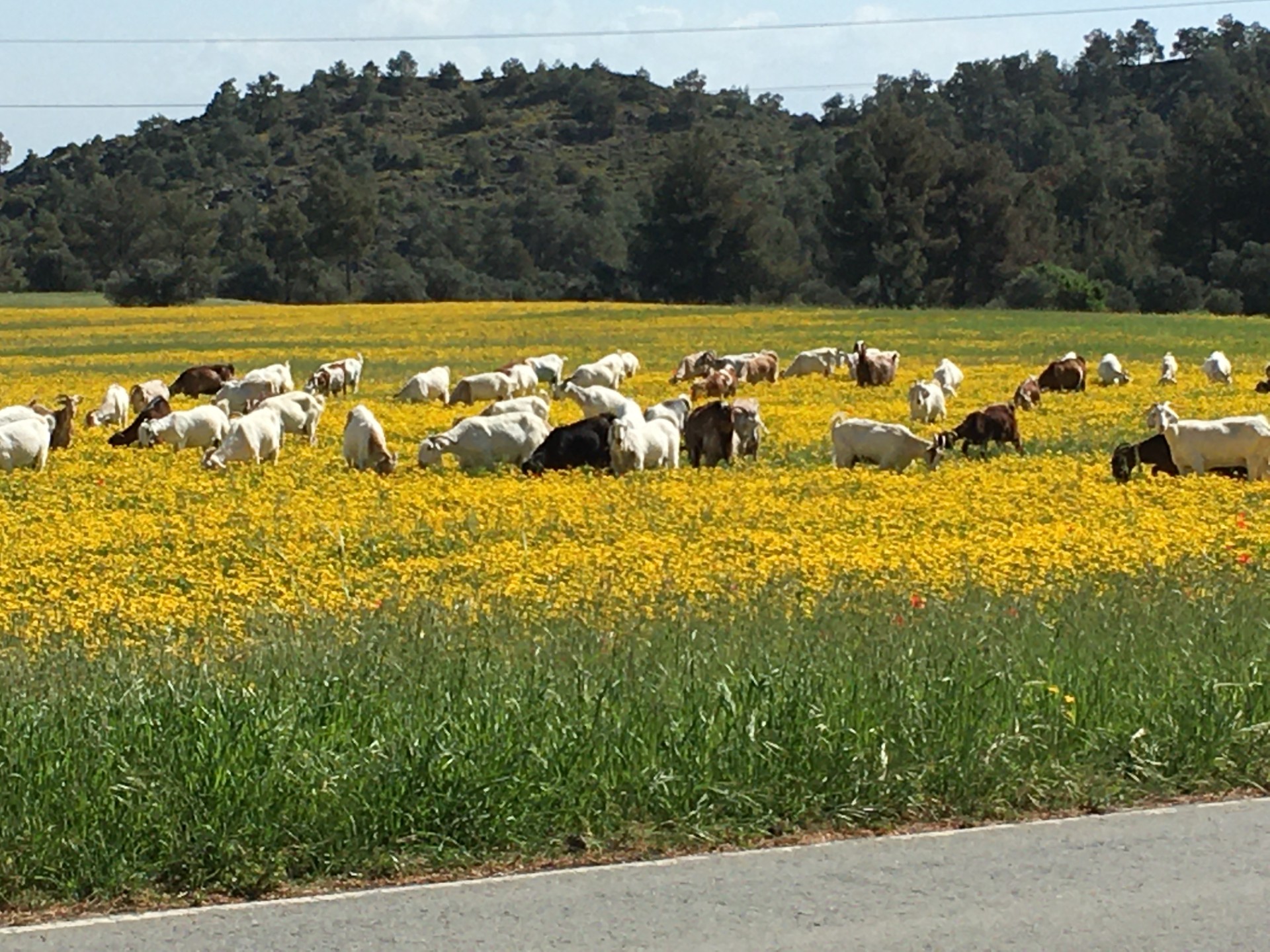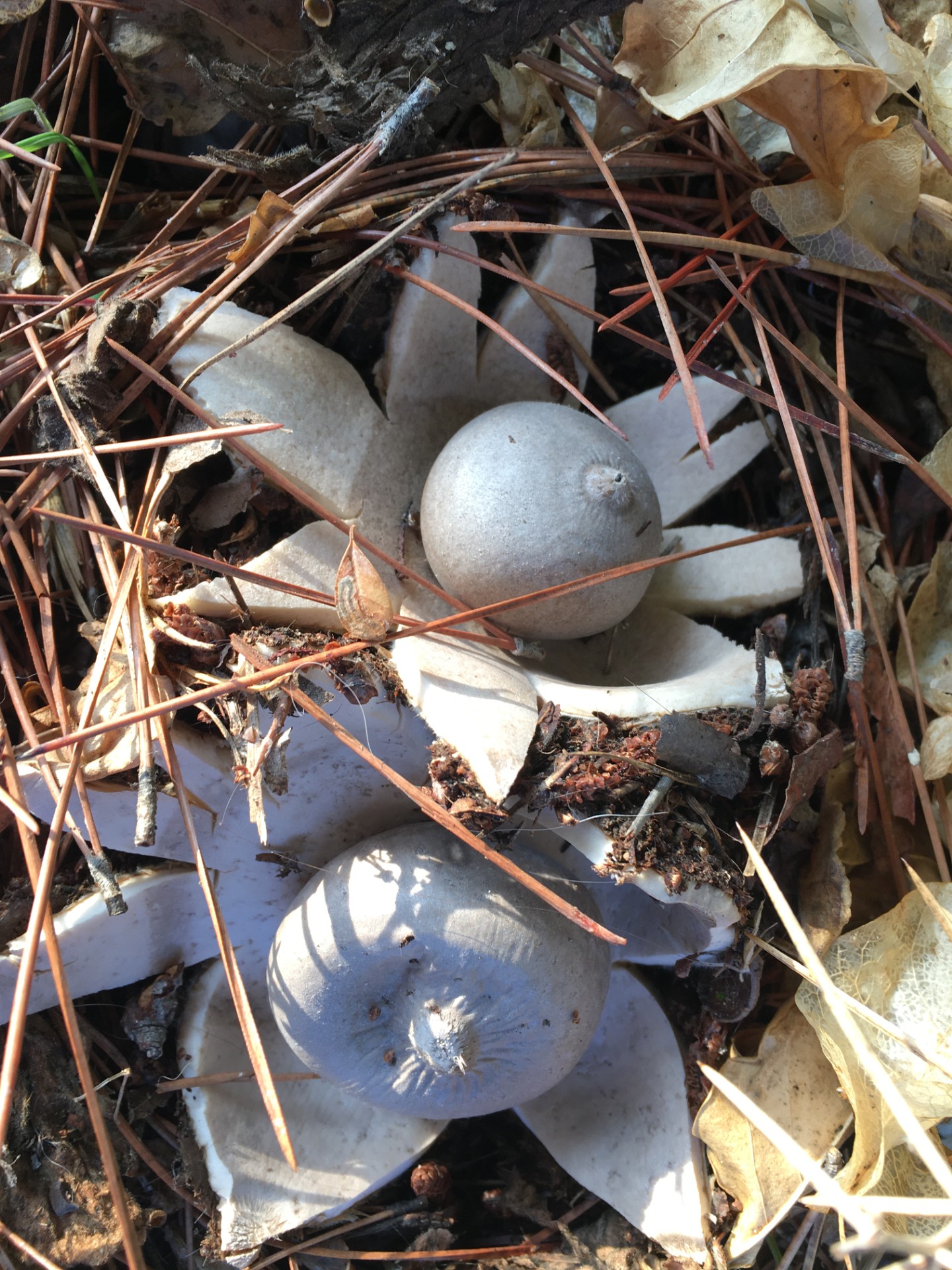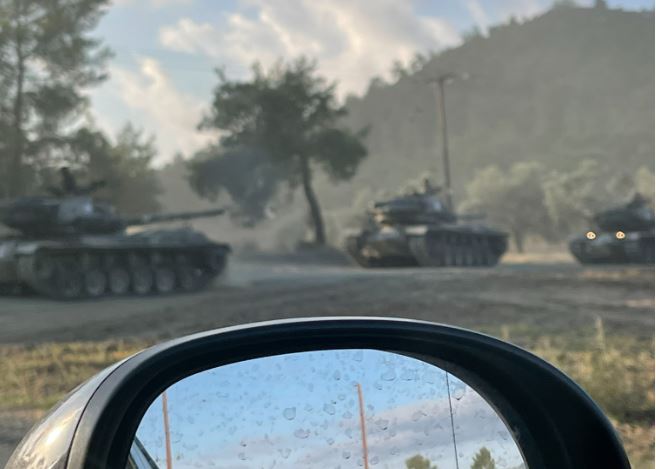Diary of an exhausted amateur rural dweller
In recent years, increasing numbers of us have been moving outside city limits for two main reasons – cost of land and serenity – and as commuting is supposedly becoming faster with road upgrades, most urban guys and gals will have at least pondered a move to the country.
This trend has seen villages expanding, amenities popping up in rural neighbourhoods, carpooling becoming ‘a thing’ and incentives being given to help people repopulate areas further away from town.
So, everything is at your fingertips: you live a peaceful life, spend hours in meditation becoming one with nature, have a plethora of pets and grow the odd cucumber.
But is it really that romantic?
I grew up slap bang in the middle of London and later moved to central Nicosia, so I was not accustomed to a rural setting, other than the occasional picnics in the designated forest areas to escape the summer’s scorching sun, in a pre-air-conditioning era.
Moving to the countryside was admittedly not my decision and I was dismayed to have been dragged away from civilisation to a house in the middle of a field a mile away from other human beings, without electricity or water, and a dirt track to get you there.

As I watched my parents plant trees, buy a tractor, lay hosepipes, grow more tomatoes than we could ever eat and spread stinky manure around the house, I made a pact with myself to get out as soon as I was able.
I did indeed move back to the hustle and bustle of the city, worked long hours, had a side hustle or two, travelled extensively, worked in Athens and in general burned the proverbial candle at both ends, before I consciously took the decision to move back to the countryside.
Visitors marvel at the expanse without a house in sight and imagine lounging on the front porch at night, looking up at the stars.
I’ve heard it all, from ‘you are so lucky’ to ‘you are so brave’.
Don’t get me wrong, I like having 11,000 square metres of garden, I love the fact that our dogs can run until they drop, that the cats can sleep without being bothered, that my son has plenty of room to play football and that there are no neighbours looking over the fence.
It is, however, hard work. Miss a week and it shows.
There is no easy way to do this. Either you put in the work yourself or you hire someone to do it for you – all year round.
If you’ve got a decent-sized bit of land – why else would you make the move anyway? – you need to plough it. First of all, it churns the earth, which is beneficial for the trees and veggies you plant, and secondly it reduces the risk of your house burning down in the event of a fire. And fires happen frequently.
In the couple of decades I have been living in the sticks, I have seen it happen at a rate of about one every other year: it is the low, dry vegetation that helps a spark turn into a wildfire in a matter of minutes.
So, if you are living among fields, make sure the owners plough before the summer scorchers. This, however, might make you unpopular with the locals.
Fires out of the way, let’s see what you need to consider.

Before you commit, make sure you will have electricity and water. Photovoltaics are not a complete solution yet and generators are engines that need maintenance, make a noise and produce fumes.
Having a borehole will only get you so far and you will need to test the water regularly if you plan on drinking it, in which case it is always good to have a plan B, as pumps tend to break down every so many years and you may find yourself unable to take a shower until it is dragged out of the well and fixed. This said, water levels also diminish seriously after a prolonged drought.
Rubbish is not usually collected from outside your gate, so you will have to work it into your schedule to take it to the nearest bin.
Speaking of gates, get one. Sheep don’t usually roam into people’s gardens, but goats do – and they stare at you while chomping on your prized produce and then spit in your face when you least expect it, before turning on their heels and ‘sneezing’ out their rear ends in your general direction.
People are the worst. I’ve had a guy gathering wild asparagus outside my kitchen, a woman and her young son picking oranges from the trees and complaining my dog was barking at them, hunters parking in my driveway and lighting up their barbecue to cook sausages just after daybreak and a troop of soldiers in full camouflage taking a shortcut through the property, astounded I had noticed them through all that war paint. Maybe it was their clattering battle rifles that gave them away.
It was not long after that the 1.9m fence went up, all 500m of it, gate and locks included.
CCTV is also a good idea and so are early warning devices, also known as dogs, that double up as loyal companions.

Visitors will not all be predictable and you will find that hares chew on your lettuces, foxes eat the dog’s food, owls swoop down at dusk so keep kittens safe, rats come out after dark and play in the trees, mice snuggle up with your underwear, swallows make their nests above your front door and subsequently poop on your porch and bats take up residence in your garage.
Birds also fly through open windows, lizards of all kinds adorn your walls, moths are a permanent fixture and need sweeping out in the morning, mosquitos buzz in your ears so you can’t sit outside, crickets give their own late-night recital in your hallway, stink bugs look at you from your bathroom shelf and spiders take up residence in your shower.
Spiders can be an inexhaustible source of wonder, as they come in all sizes and patterns, hang from your ceiling or jump from counter to counter, and generally make a nuisance of themselves if you don’t like furry little legs climbing up your own.
Food needs to be in airtight containers or in the fridge to protect from various mites and, of course, ants in the thousands.
Strange beetles will crawl out from behind the washing machine, some as alien looking as ever, crows will caw on the trees outside, donkeys will bray in the distance and marching caterpillars will seasonally criss-cross your pathways.
If you hear a baby crying, it’s probably a young hedgehog, while hissing only comes from snakes. Only one is so venomous it is dangerous to humans, so get to know what it looks like. They also come indoors, which is one of the many reasons it is a good idea to keep cats – or a chihuahua, the Mexican snake-hunter.
The local kourkoutas – the beefy lizard that looks like a mini iguana – also hisses a bit, but will only attach itself to you and suck hard on your calf.
On a positive note, there are no cockroaches.
What should one do about all these creatures? Nothing. If you think about it, it is you who is invading their habitat, but morality aside it is best to keep a balance and watch nature work its magic. Cats are good to keep the house clear.

On choosing where to live, see what is in the surrounding area. You could find yourself in a triangle of army camps, heavy artillery manoeuvres, shooting ranges, commercial flight routes, helicopter training grounds, French Rafale jet overflights and local youth scooting to the next village on modified mopeds at all hours.
Farming land around you means you will be getting tractors and combine harvesters at the right time of year, but the wrong time of day – most share the machinery, which means many will be noisily going up and down their fields all through the night with giant headlights glaring through your window.
As far as reducing one’s impact on nature is concerned, composting is a feasible and low maintenance option, and while eco drains may be good for the environment – recycling household water and all for irrigation purposes – they often pong and (oh, yes) they run on electricity.
Whatever you do, respect nature, coexist with the creatures, make a clear annual programme for growing and pruning etc – the agriculture ministry has plenty of information on its website – and enjoy a solitary existence just minutes from the next village where people are on the whole warm and worth getting to know.
On a final note, it is good to know what to expect so you are not overwhelmed. You get to appreciate things you never imagined would matter and in time will be grateful you made the move. Honestly!






Click here to change your cookie preferences